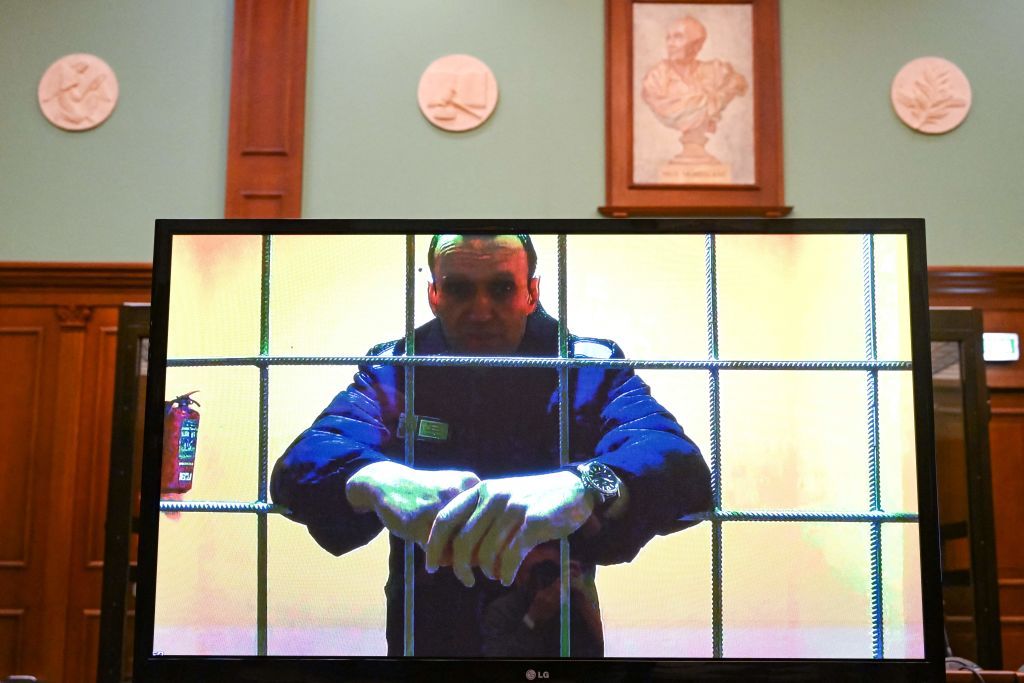Russian state-controlled media: Medics 'arrived in less than 7 minutes' to revive Navalny

Emergency medics from the Labytnangi city hospital "arrived in less than seven minutes" to the penal colony where Russian opposition leader Alexei Navalny has been held and spent "over half an hour" trying to revive him, Russian state-controlled media Interfax claimed on Feb. 16.
"Medical personnel reached the patient within two minutes on the prison grounds. Upon arrival, the medics continued resuscitation efforts that were already underway by the prison medical staff," Interfax added.
However, as the journalists at the independent Russian media outlet Novaya Gazeta noted on Telegram, the distance between Labytnangi and the penal colony is 35 kilometers, raising obvious questions about the validity of the claim.
Russian media reported on Feb. 16 that Navalny died in prison. Navalny was being held in a penal colony in Russia's far northern Yamal-Nenets Autonomous District.
According to the prison service, Navalny supposedly lost consciousness and could not be revived.
Navalny's lawyer, Leonid Solovyov, declined to comment on the news, the Russian state-controlled media outlet Kommersant reported.
"By decision of Alexei Navalny’s family, I am not commenting on anything at all," he said.
U.S. President Joe Biden warned in 2021 that there would be "devastating consequences for Russia" if Navalny died in prison.
The penal colony that Navalny was held in is located in a remote settlement north of the Arctic Circle, with "tough conditions" and limited access to letter delivery, according to Zhdanov, the head of the Anti-Corruption Foundation established by Navalny.
Navalny was previously held in the IK-6 Melekhovo high-security prison in Russia's Vladimir Oblast.
Navalny had been serving a 2.5-year prison sentence since 2021 and a separate 9-year sentence on fraud charges since 2022.
A Russian court also sentenced Navalny to 19 years in a maximum security prison in August 2023 on extremism charges for creating the Anti-Corruption Foundation.
All these cases have been recognized as politically motivated and fabricated by international human rights organizations and governments.
Navalny was poisoned in Russia in 2020 and flown for treatment in Germany. German doctors said he had been poisoned with a Novichok nerve agent — a chemical weapon produced by the Russian government.
The Insider, Bellingcat, CNN, and Der Spiegel published an investigation according to which Navalny had been poisoned by agents of Russia’s Federal Security Service. They also identified the agents' names.












